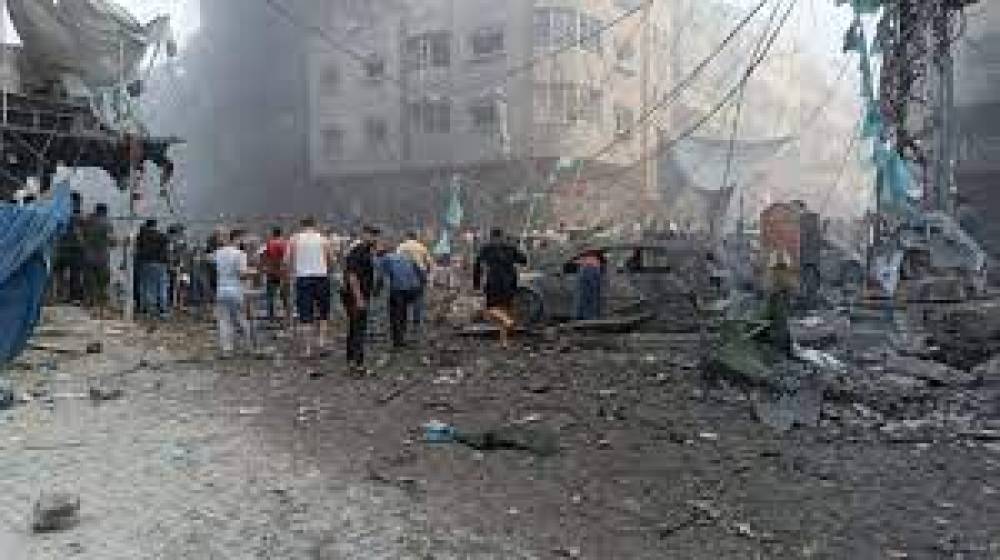
The conflict in Gaza is no longer confined to territorial disputes; it has transformed into a humanitarian catastrophe raising alarms from the United Nations to Europe. According to the UN’s World Food Programme (WFP), essential food supplies remain stocked in warehouses just 40 kilometers away in Israel, Egypt, and Jordan, while warehouses inside Gaza stand empty.
Starvation Takes a Deadly Toll
When hunger spirals out of control, humanity itself begins to perish—and this is exactly what is happening in Gaza. Before the bombs, it is hunger that is claiming lives. Trucks that once brought hope and relief now arrive only to be overwhelmed by starving crowds who quickly seize food, water, and medicine, turning the deliveries into chaotic scenes of desperation.
The situation in Gaza has deteriorated so drastically that children have no bread, mothers no tears left to cry, and adults no hope remaining.
UN Secretary-General's Plea
United Nations Secretary-General António Guterres described the situation as "the worst time for Gaza." He appealed to Israel to allow relief trucks safe passage. However, on the ground, the reality is starkly different. Last Friday alone, Israeli airstrikes killed at least 71 people, with many more injured and missing. The streets of Gaza are littered not only with rubble but with the graves of hope, as parents break under the weight of helplessness rather than hunger.
Israeli forces claim to have destroyed over 75 militant sites, yet when hospitals, schools, and refugee camps turn into ruins, it raises difficult questions about the true targets of these strikes.
A Battle for Survival
This conflict has now shifted from being a fight across borders to a struggle between life and death, between hunger and survival. When the fundamental needs are bread and water, weapons cannot be the answer—only humanity can provide relief.
The war, ongoing for 19 months, has evolved from gunfire and missiles to a battle against starvation. A recent UN report warns that nearly 500,000 people in Gaza are on the brink of famine. If conditions do not improve, one in five people could succumb to this crisis, leaving over 2.1 million residents facing a catastrophic food shortage.
Food Supplies Locked Outside Gaza
A stark and troubling fact emerges from the WFP data: warehouses in Israel, Egypt, and Jordan, located just 40 kilometers from Gaza, are stocked with critical food supplies, while Gaza’s own WFP storage facilities remain empty. Most bakeries and charitable kitchens inside Gaza have shut down.
According to Anthony Renard, Director of the UN World Food Programme, while they used to feed one million people, they now manage to reach only 200,000—a devastating shortfall.
International Calls for Lifting Blockades
In response to the worsening famine, the UN and European nations have urged Israel to lift the blockade preventing food and aid from entering Gaza immediately. However, Israeli Prime Minister Benjamin Netanyahu, on May 13, reiterated his commitment to continue the military campaign until Hamas is eliminated, dismissing these international demands.